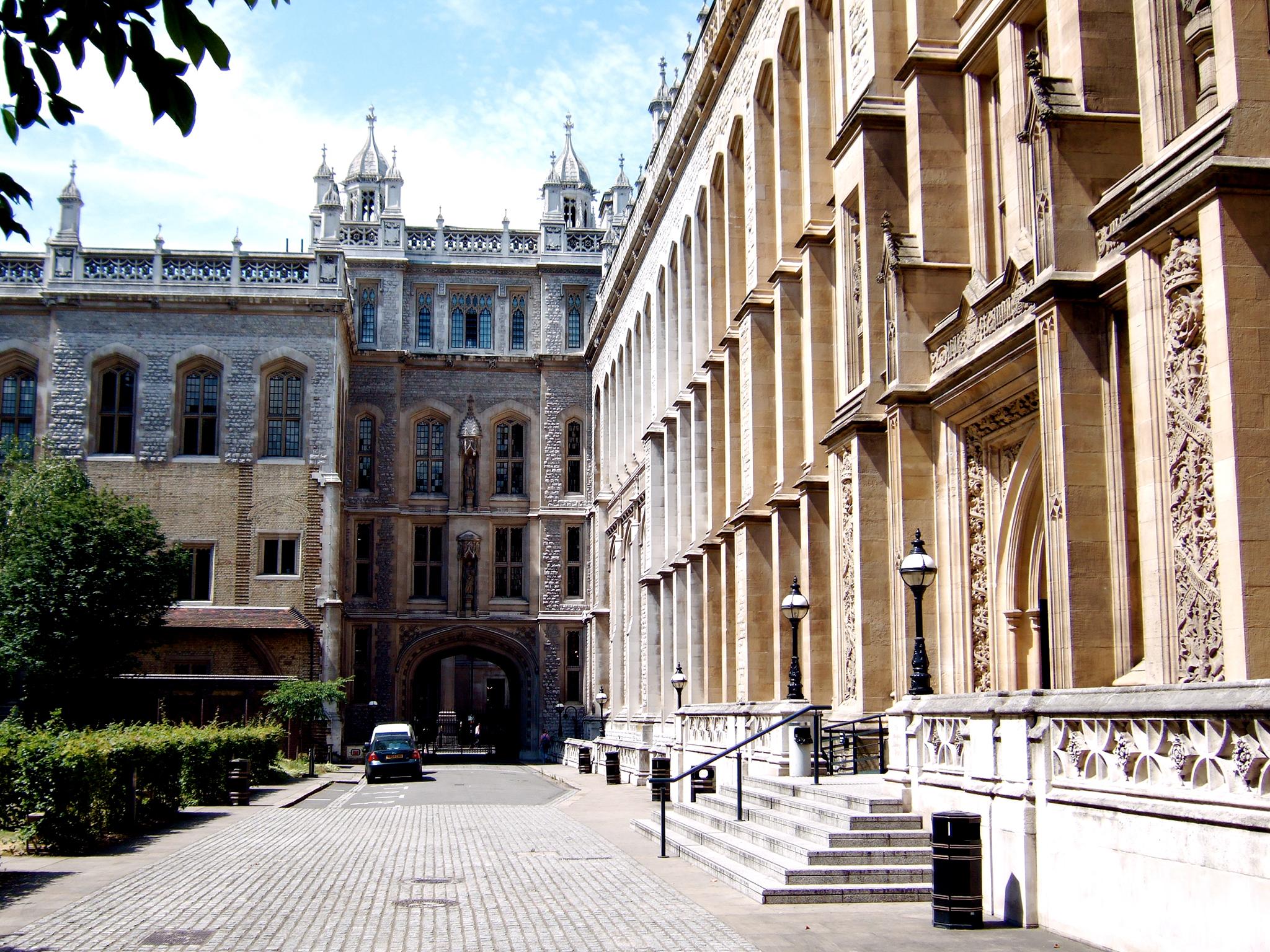When you're a working-class woman from the North and you go to university in London, nowhere feels like home any more
I applied for emergency funding from the university, and at the meeting the financial advisor went through my bank statements and said: 'Postgraduate education is a luxury.' I turned red and hid behind my hair and apologised for being there

My experience of being a young, working class woman is of being shamefully hungry. I desire so many things I am not supposed to want. As a member of the working class, you’re supposed to be grateful. As a woman, being hungry is absolutely against the rules. When you’re young, nobody listens. You don’t know anything and they’ve heard it all before.
As a teenager growing up in Sunderland, gleaning from the pages of fashion and music magazines what kind of woman I might become, I felt chaotic. There was an unbearable itch deep in the marrow of my bones. I tried drinking and dancing and sex, but I couldn’t find what it was I wanted. I was balancing on a delicate precipice and could so easily have fallen.
I started going to the Baltic gallery in Gateshead, and for the first time I experienced the clean, white space that art can make inside of you. Space to think and a place where all of that coiled up energy can be released.
I threw myself into my A-level revision and got a place to study English Literature at King’s College London. I worked countless nights in grimy pubs to get by. I was afraid to speak in seminars and my head felt too fuzzy to do any reading. I felt strange and wrong and angry and I didn’t know why.
I spent most of my time there trying to become different; to speak differently and dress differently and feel differently. I stopped eating, because I was ashamed of my blatant hunger. I became trapped at a borderland. I couldn’t return to my old life at home, not with my new shoes and without makeup, but I didn’t fit in at university, either.
I couldn’t connect with the books we studied. Nothing we read reflected my experience of being a body in the world. But, occasionally, a lecture would fill me with that white-space feeling and I didn’t know what else to do but follow it.
After my degree, I spent a year pulling pints and feeling disillusioned. I wrote awkward poetry in cafes in the afternoons and was too scared to show it to anyone. I decided to apply for a Masters in Creative Writing, because I needed a way out, and because writing was the only thing that made sense.
It was an embarrassing decision, because I couldn’t afford it, because it wasn’t vocational, because, as a family friend said: “We all know you want to write, but what exactly are you going to do?”
The MA was in Paris, and I cleaned the toilets in a punk bar and worked as a nanny for two French families. I taught academic English before my seminars and afterwards rushed home to cook dinner for the children. I lived on the top floor of an attic building without water and I showered at the swimming pool down the road, where old men rubbed soap into their willies and watched me. I was lonely and exhausted.
I applied for some emergency funding from the university, and at the meeting the financial advisor went through my bank statements and said, “We do expect you to have made financial provisions for the course before you enrolled on it. Postgraduate education is a luxury.” I turned red and hid behind my hair and apologised for being there.
I couldn’t actually attend all of the seminars, or trips to museums, or talks with publishers, because I was working every minute just to be there, but my MA taught me how to articulate the shame and chaos and hunger that were twisted up inside of me. It introduced me to writers and artists who made a living through their work. Everything stopped feeling so impossible.
I learned how to access the white space by filling a blank page and people started to listen to the things I had to say. Through the books I read and the conversations I had with my tutors and peers, I began to understand that the ways in which I felt wrong were part of a wider problem, and didn’t come from within me. Honing my writing taught me the power of articulation and how to respect and channel that hunger, rather than fear it.
Writing has given me a voice and a sense of self-worth and has changed my life, on a practical level but also an emotional one. Every day I struggle with guilt and hunger and shame and I know these are feelings I will probably always be coming to terms with, but writing has given me the tools to work through them.
It has given me the power to take all of the anger and confusion I have felt through being a young, female, working-class person in the world, and turn it into something else. Everyone should have an opportunity to learn how to do that. Very hungry people most of all.
Jessica Andrews’ debut novel 'Saltwater' will be published by Sceptre in spring 2019. She is represented by literary agent Aitken Alexander Associates who are funding two part-time students on the MA Creative Writing course at Birkbeck, University of London. Further details about the scholarship and how to apply are available here

Join our commenting forum
Join thought-provoking conversations, follow other Independent readers and see their replies